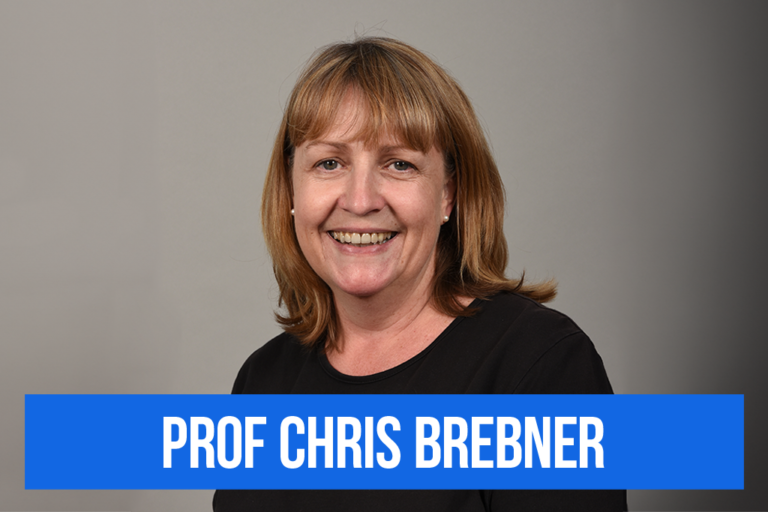A Flinders University-led project aims to attract, train, and retain South Australian mental health professionals.
Unless current shortages are addressed, Australia could see a 40 per cent shortfall in its mental health workforce by 2030. The shortage will be most acute in regional, rural, and remote areas.
To alleviate that shortfall, the initiative is supported by $3.8 million in funding from the federal government’s Department of Health and Aged Care as part of its Pathways to Practice programs.
Project leader and Pro Vice-Chancellor (Curriculum Impact) Professor Chris Brebner says the innovative pilot project is underpinned by collaborations across Flinders University, draws on strengths across mental health disciplines, and applies intrapersonal ‘hub and spoke’ approaches to mental health training. The strategy aims to enhance the state’s workforce capacity and increase opportunities for students training in these fields.
“This approach aims to create a stronger pipeline of future mental health workers by training more students in non-acute mental health service settings, encouraging them to enter the mental health sector upon graduation,” she says.

Recent engagement with student placements in rural and remote areas through the National Disability and Insurance Scheme (NDIS) supports the project. The strategy includes increasing non-acute mental health placements across relevant industries, including psychologists, occupational therapists (OTs), mental health nurses, and social workers,
Mental health support needed in regions
The project fits into the Federal Government’s 10-year National Mental Health Workforce Strategy and will be, Professor Brebner says, a vital step in bolstering the “very thin” mental health workforce in under-resourced country communities.
“A strategy for workforce growth is for service providers to host students on work-integrated learning placements, as many then go on to employment in the organisation,” she told EducationDaily.
“However, when the workforce is small, there can be barriers such as small numbers of supervisors, limited training on supervision, and limited opportunities for co-designing the placement to their context. This project offers potential solutions to build placement capacity and ultimately the mental health workforce in rural and remote Australia, bringing vital services to these communities.”
In the past two years, the university introduced the Masters of Professional Psychology and doubled postgraduate place numbers so more students can become registered psychologists.
“Students value placement experiences and often seek employment in a sector where they have had experience and feel comfortable to work,” she says.
“However, all professions face challenges delivering mental health placements across South Australia. Our project brings different professions together to leverage the skills and experience across all discipline areas.”








